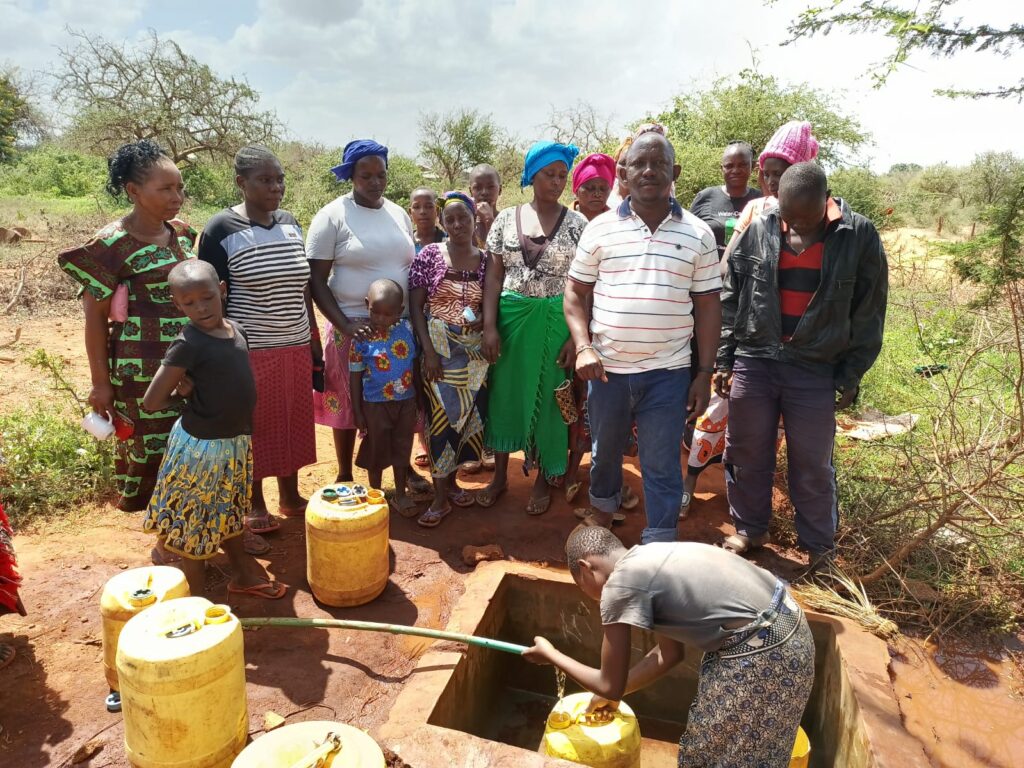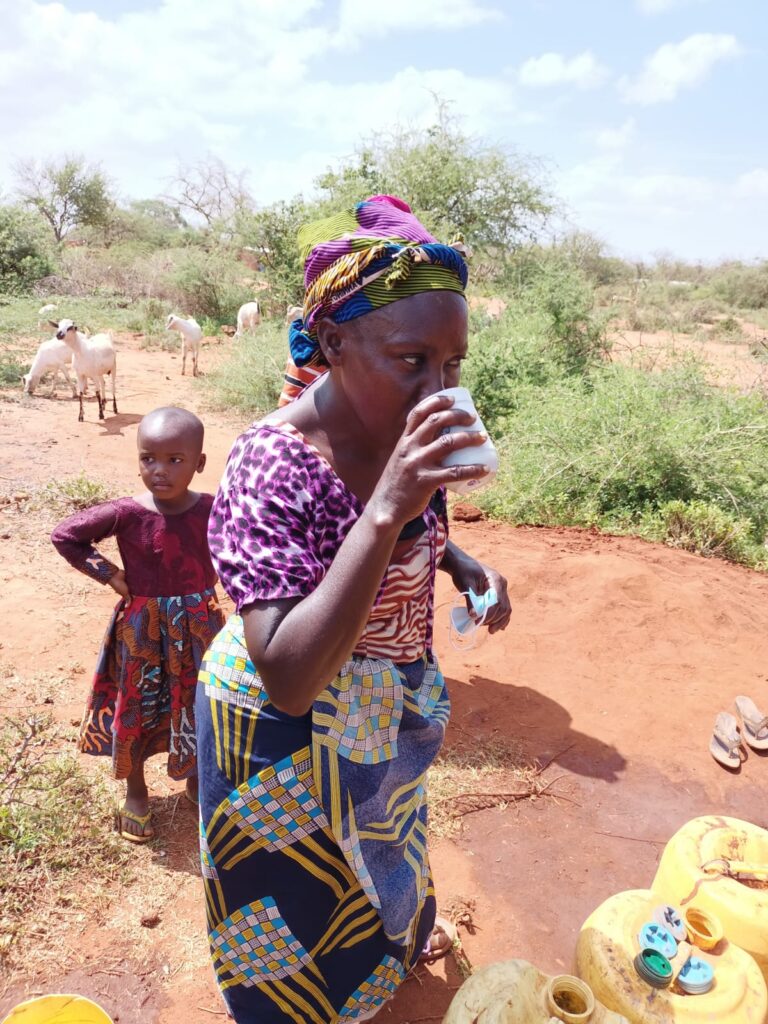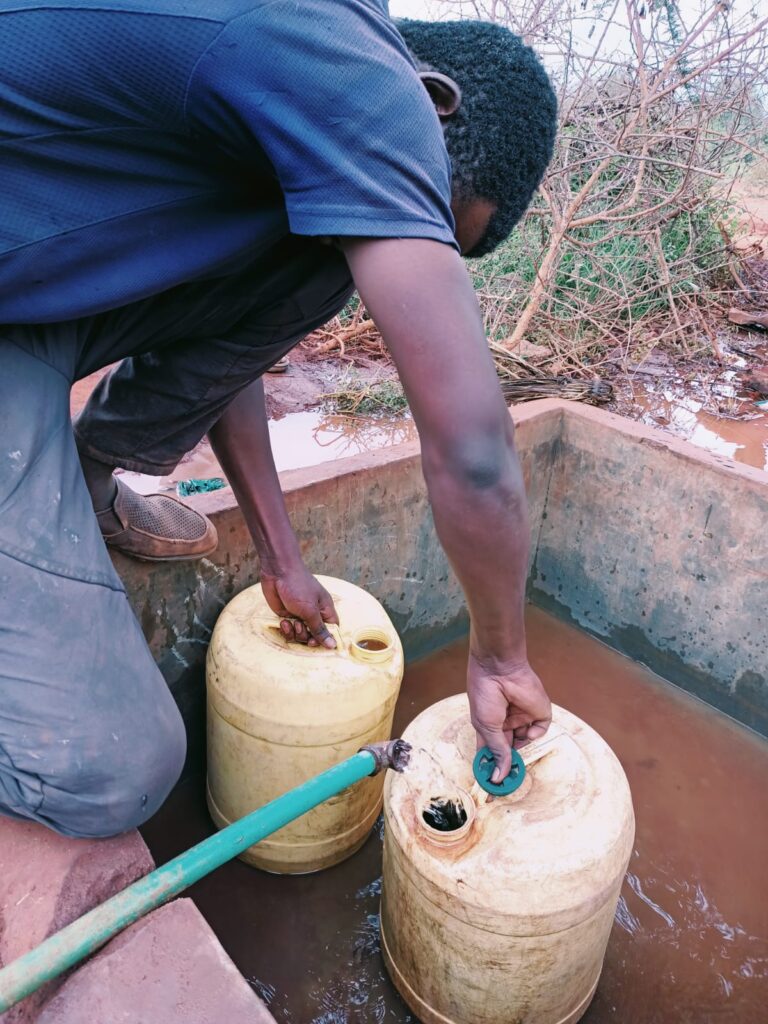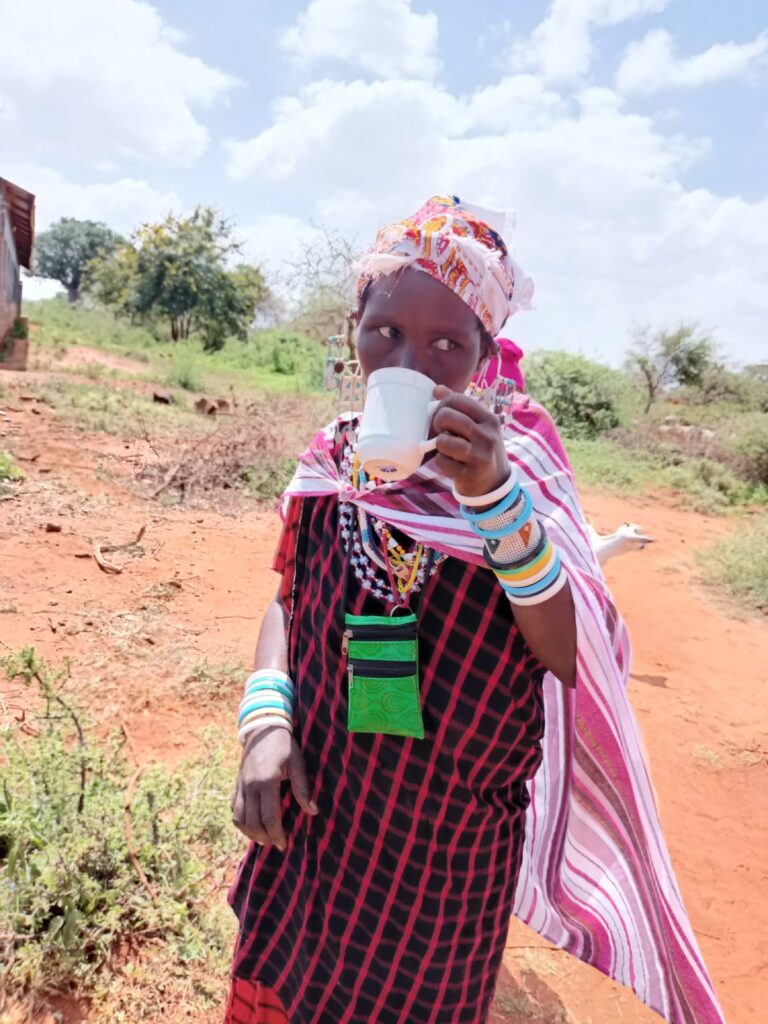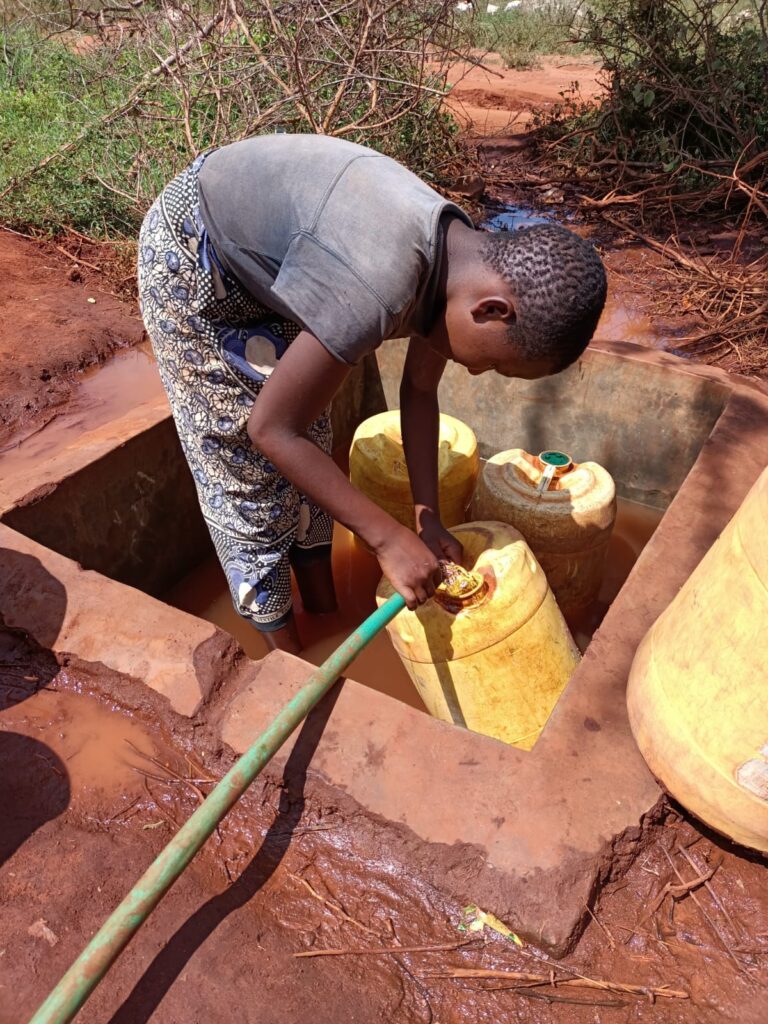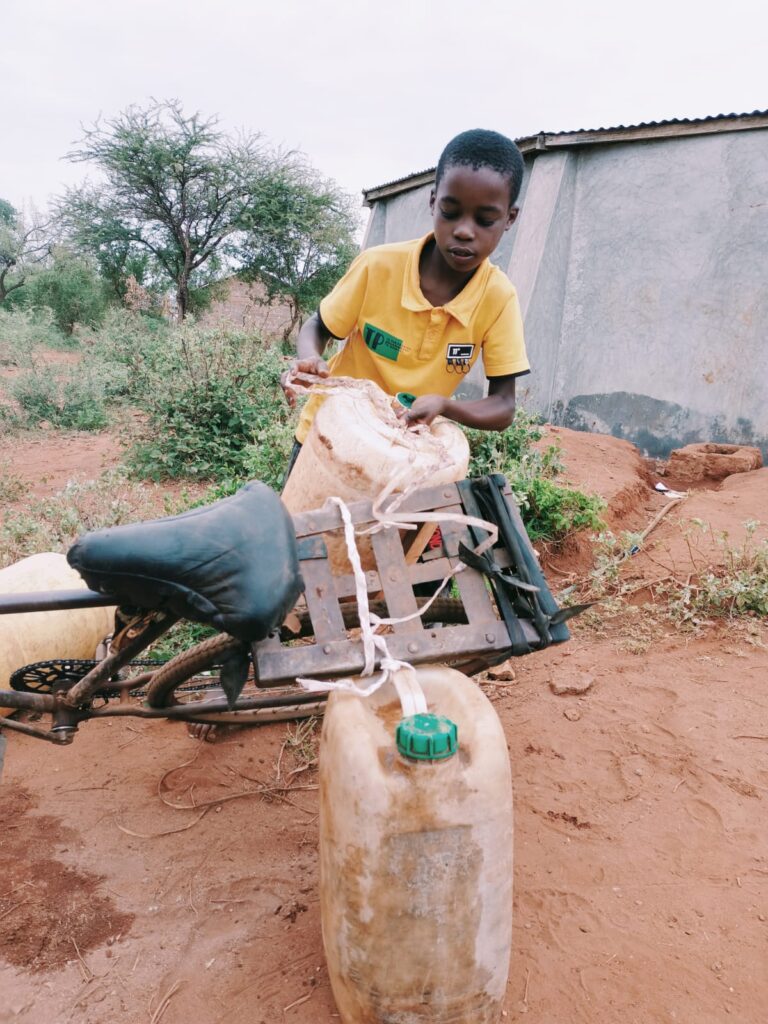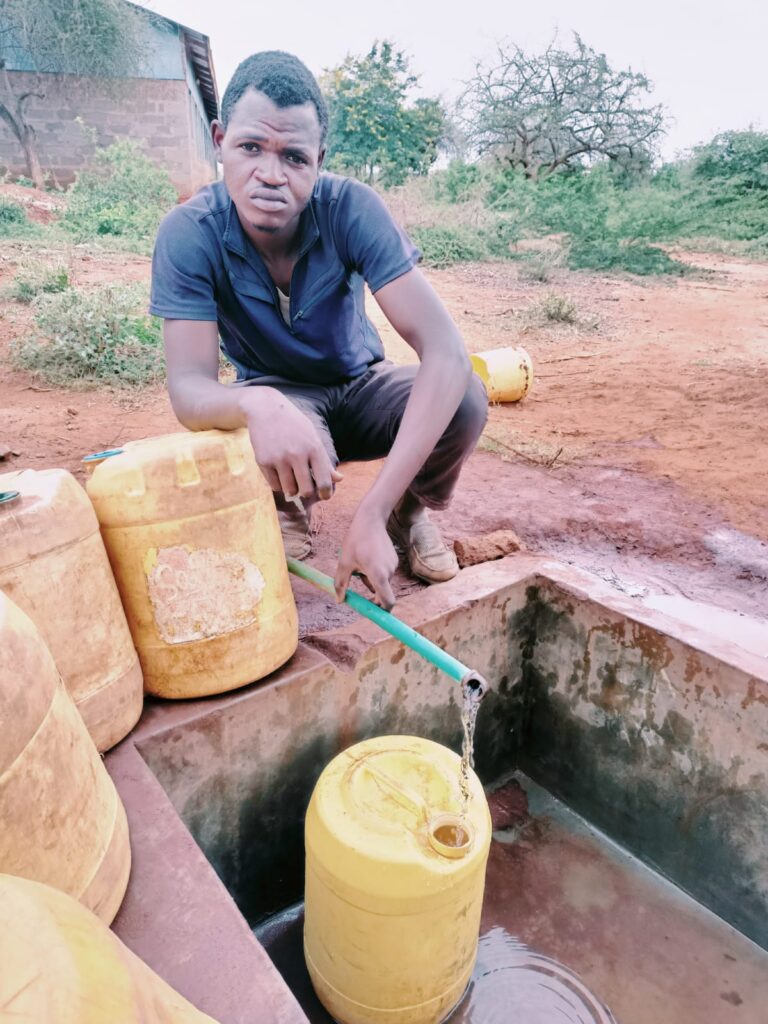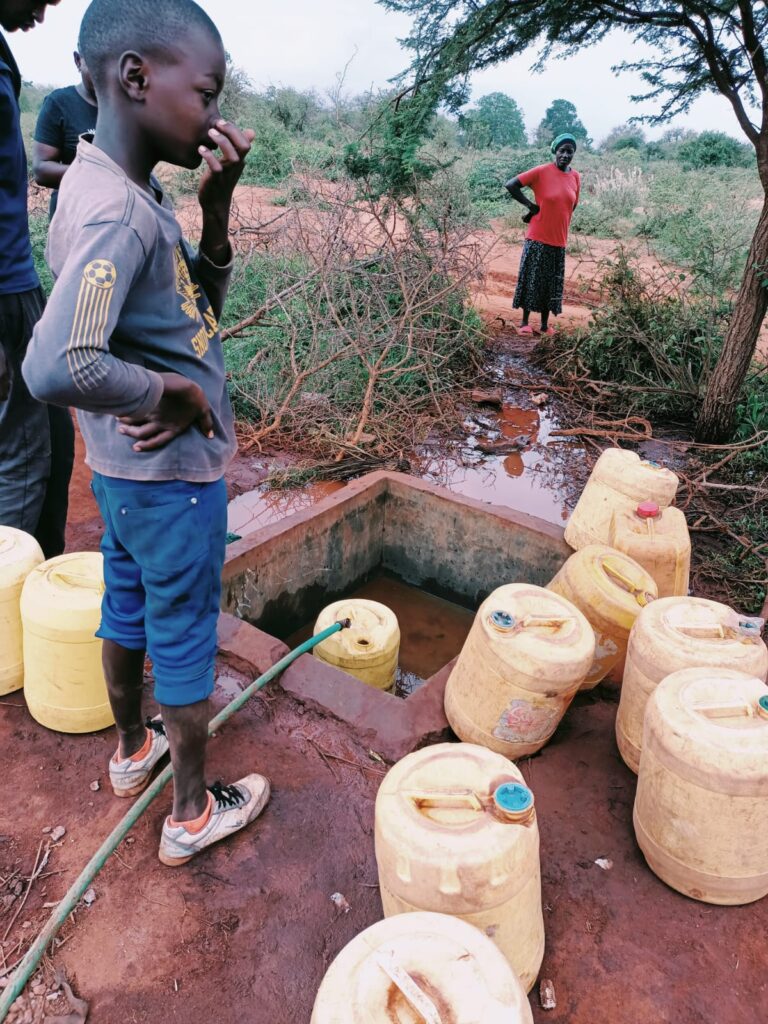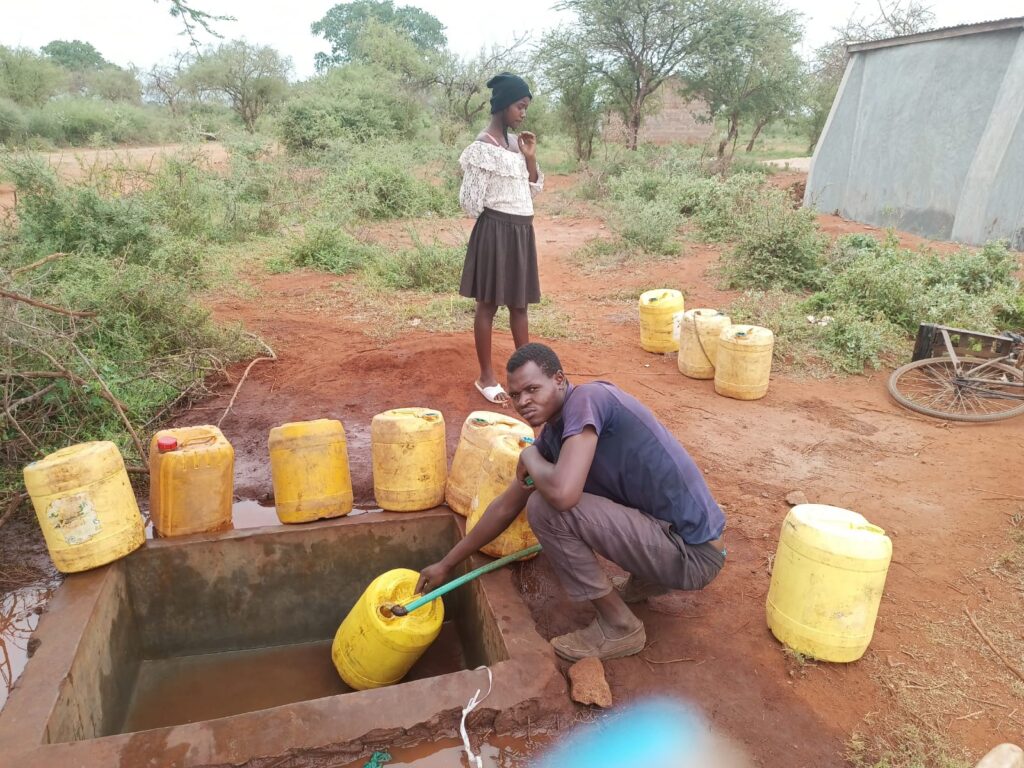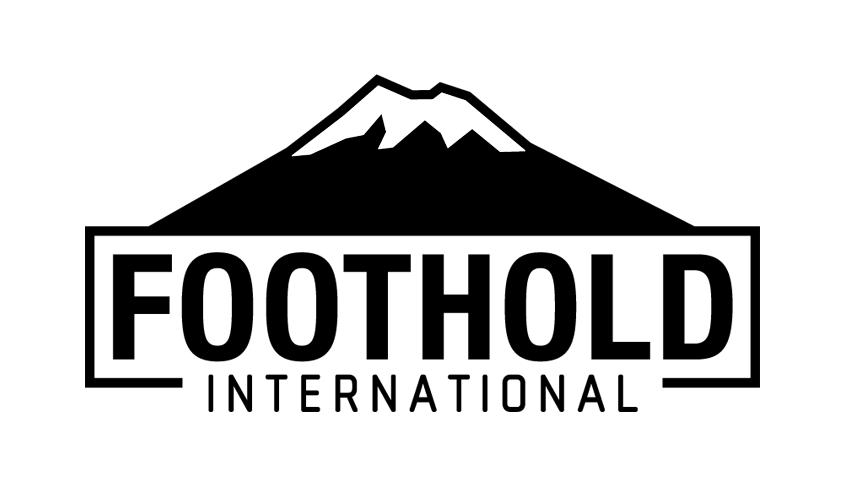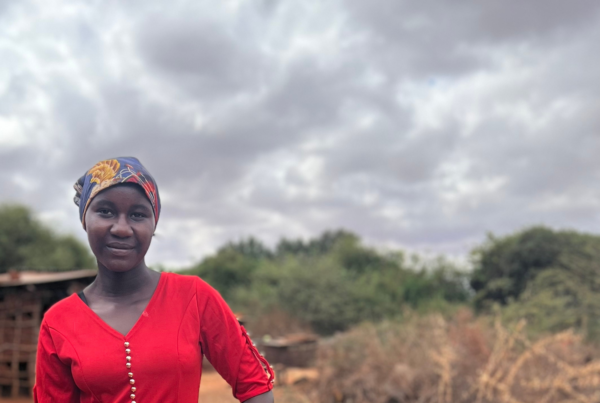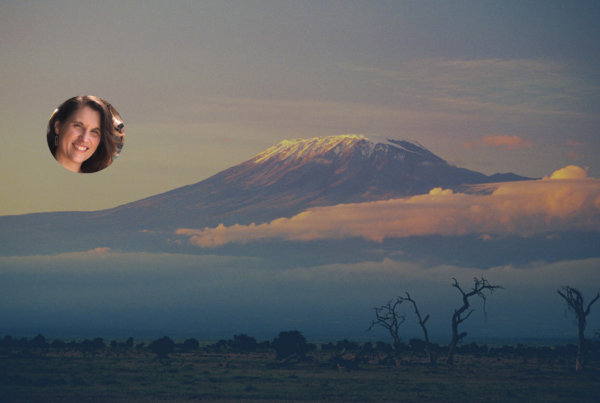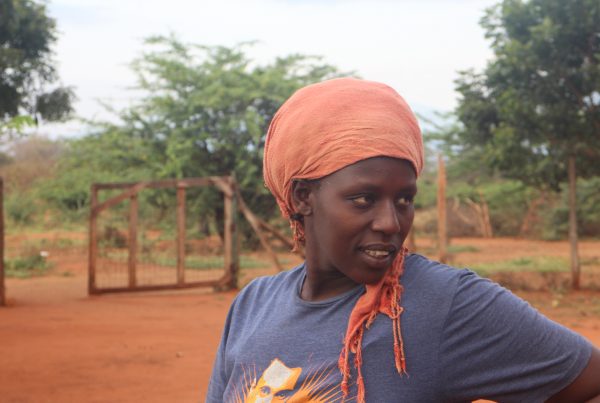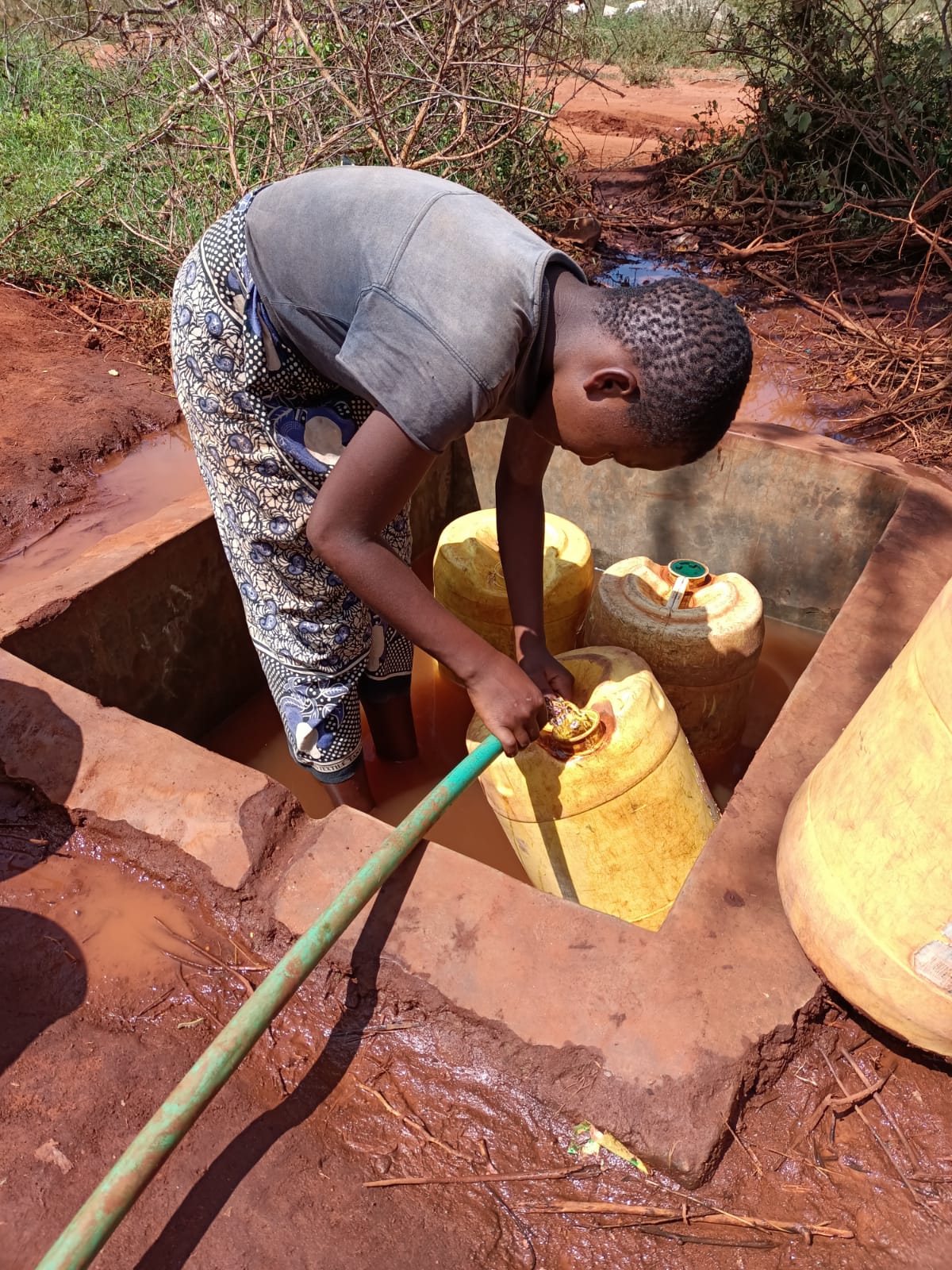
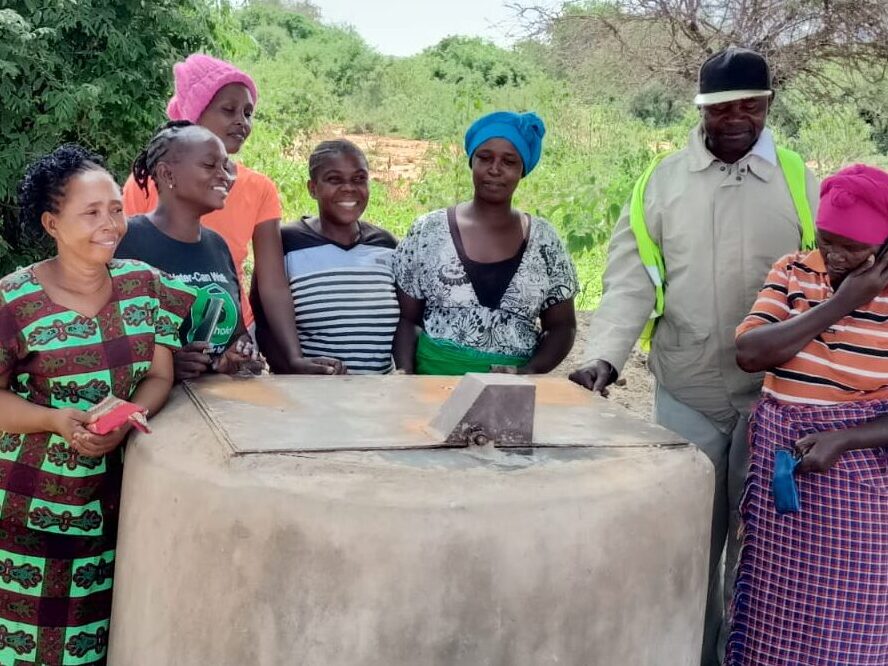
Pictured above, our Namelok ladies group celebrate the opening of a clean water well along with the community around St. Norbert’s Primary School. This well will serve to provide clean drinking water to primary school students and the surrounding community. Because of the capacity of the well along with the rehabilitation of a massive water tank on site, this well will be a source for irrigation, providing the school the ability to grow crops to feed the children at school.
While the public schools receive some government funding to provide food to these children, it typically lasts for about a fourth of the year. When food supplies run out, the school staff must resort to sending the children home for lunch. Most of children opt to stay at school, knowing the trip home will be fruitless, they choose to stay at school and conserve their energy.
We will be updating you as the irrigation construction and farming begins. In the meantime, providing water to these children during the day as well as allowing them to carry water home is just another incentive for them to come to school!
One of the exciting aspects of this project was discovering that the massive water storage tank built in the 1940s during the colonial farming era where sisal plantations once flourished, was actually viable with some rehabilitation. The rehabilitation cost as much as it would have originally cost to purchase a water storage tank, one that would have been plastic, so it would have lasted about five years with a capacity of about a tenth of what this concrete storage container can! It’s also incredibly exciting for us when we get to see the use and rehab of local resources that were once colonial-era now be used to serve children and local communities, and it looks much more attractive!
Another aspect of this story is the redemption of a well-intended project gone bad. About five years ago another organization drilled a well on the primary school site. It provided clean water for a couple years to the school and community. Unfortunately it was not drilled properly, so it began to collapse and ceased to provide any water. This was not only an unfortunate waste of resources but it was became a serious danger to the students because they could easily fall into the well.
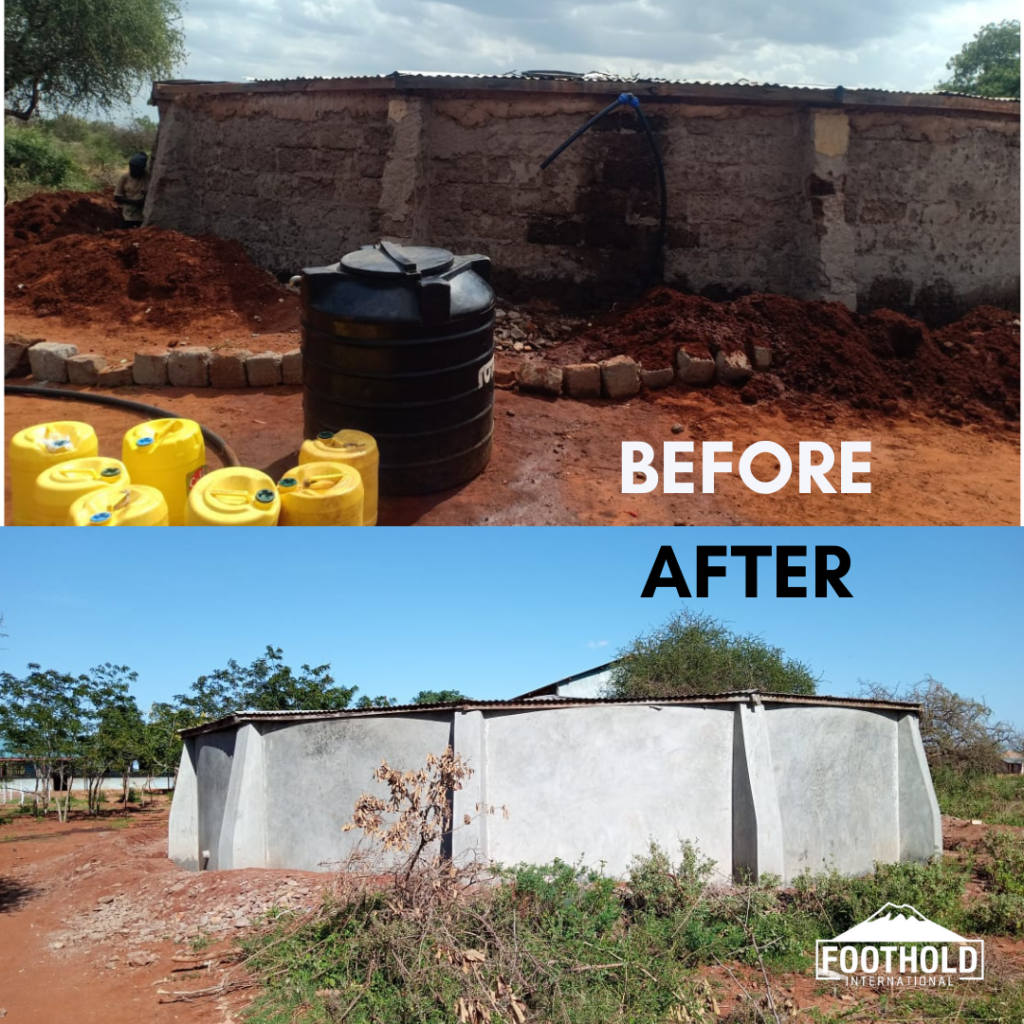
The drilling and construction of this well included the filling in and securing the safety of this hazard. Foothold also made sure that the construction of the well was done according to guidelines to insure that it would be safe and secure for the workers drilling it and have structural integrity to last for generations.
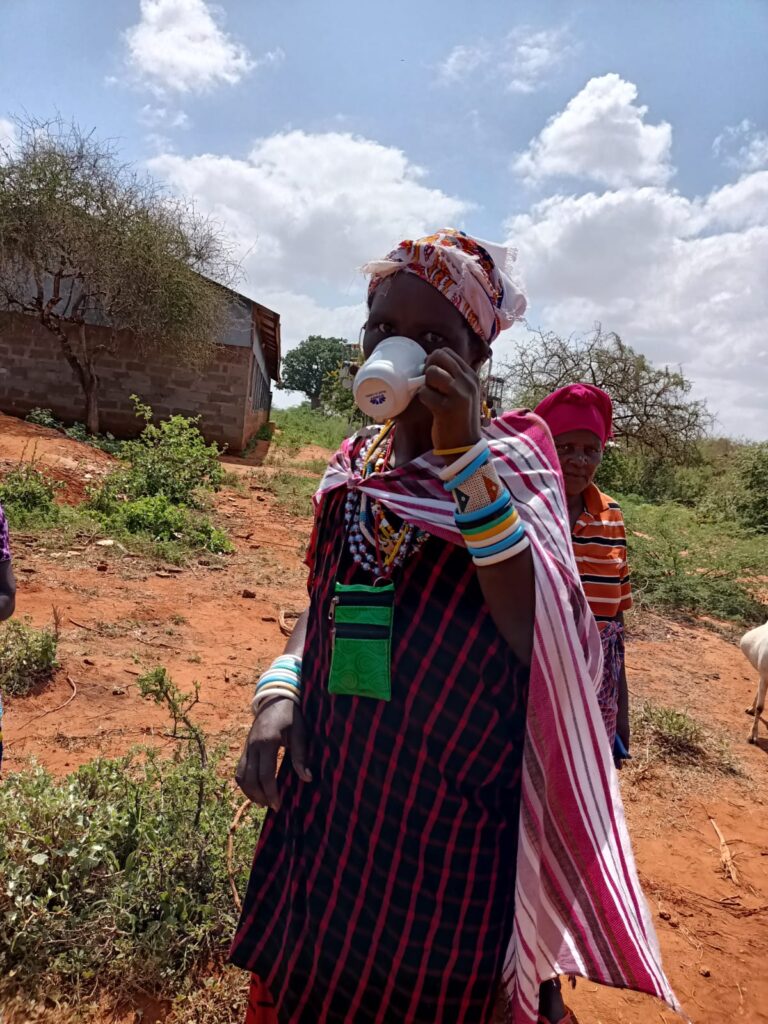
One of the reasons Foothold chose this particular school is because of our long-standing relationship. We have been working with this school for over seven years working with them on sexual abuse prevention, reproductive health, providing soap and hygiene education. We’ve been impressed over the years how this school has strived to reach the Maasai community as this particular community has the historically had the lowest rates of school attendance. We have observed each initiative has increased overall enrollment, attendance, and test scores especially among the Maasai. Every one of these interventions makes sending their children to school more appealing to them. These trends quickly become contagious as the school earns the trust of respected families among the Maasai people.
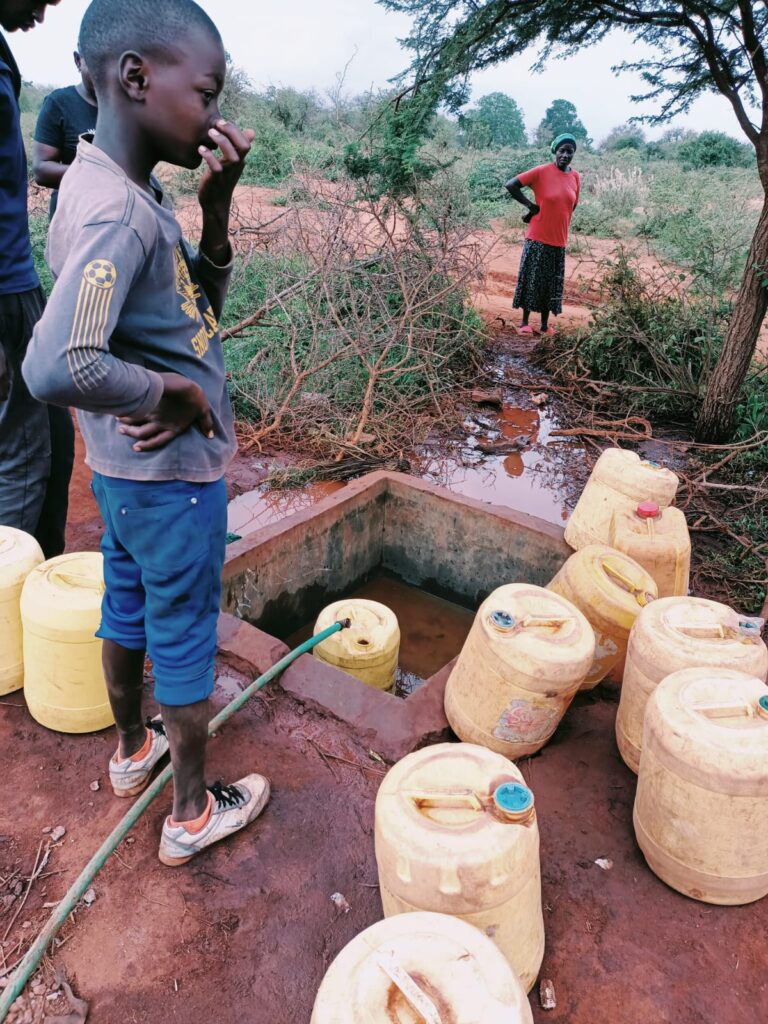
Prior to this, the dry seasons were very difficult for families, especially women and children, who often travel up to 8 miles per day to fetch water. Instead these women and children are coming to their local public school, opening opportunities for families to become familiar with the staff, to see children enjoying their education, etc. This just creates more positive interactions among the community and the school.
This project was funded through a special peer-to-peer fundraising campaign called Kilimanjaro4Water. Cherie Catron climbed Kilimanjaro in the fall of 2021 along with Chelsey Bolles and Kalyn McGraw. All three of these women paid for their travel and climb expenses and used the climb as an opportunity to create awareness and raise funds. Along with these three women, over 25 people and businesses sponsored them through peer fundraising campaigns.
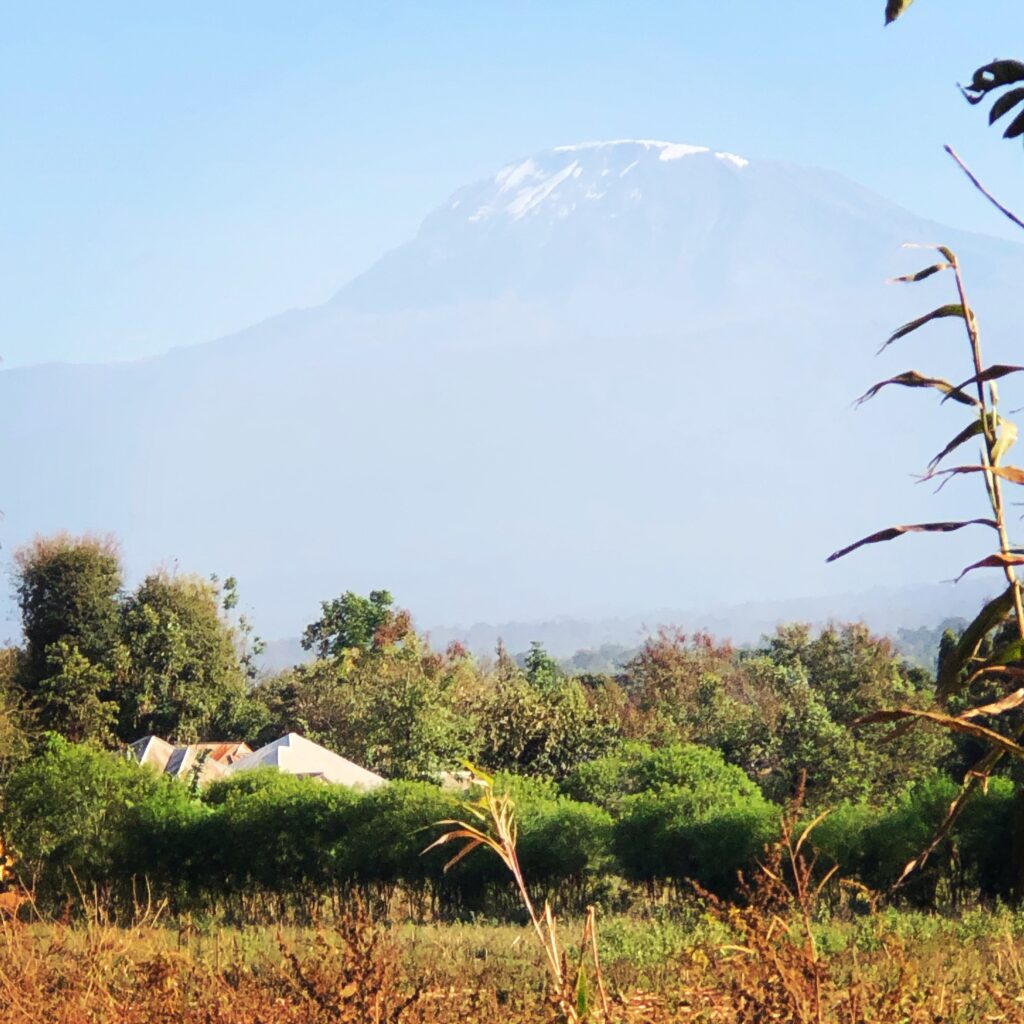
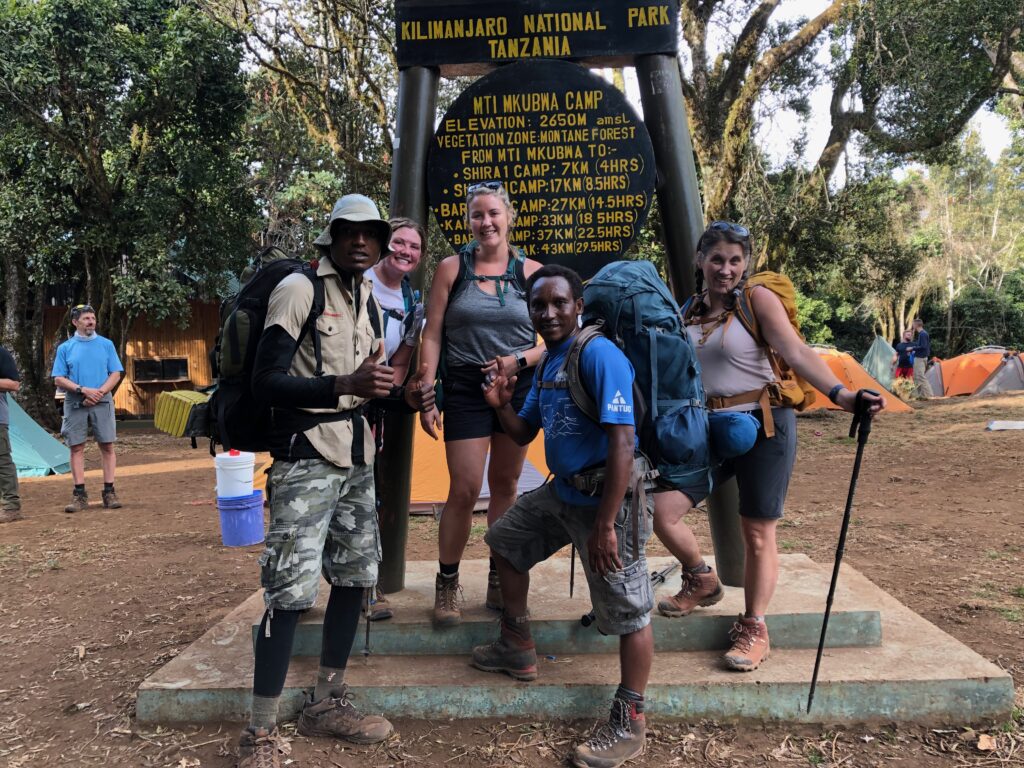
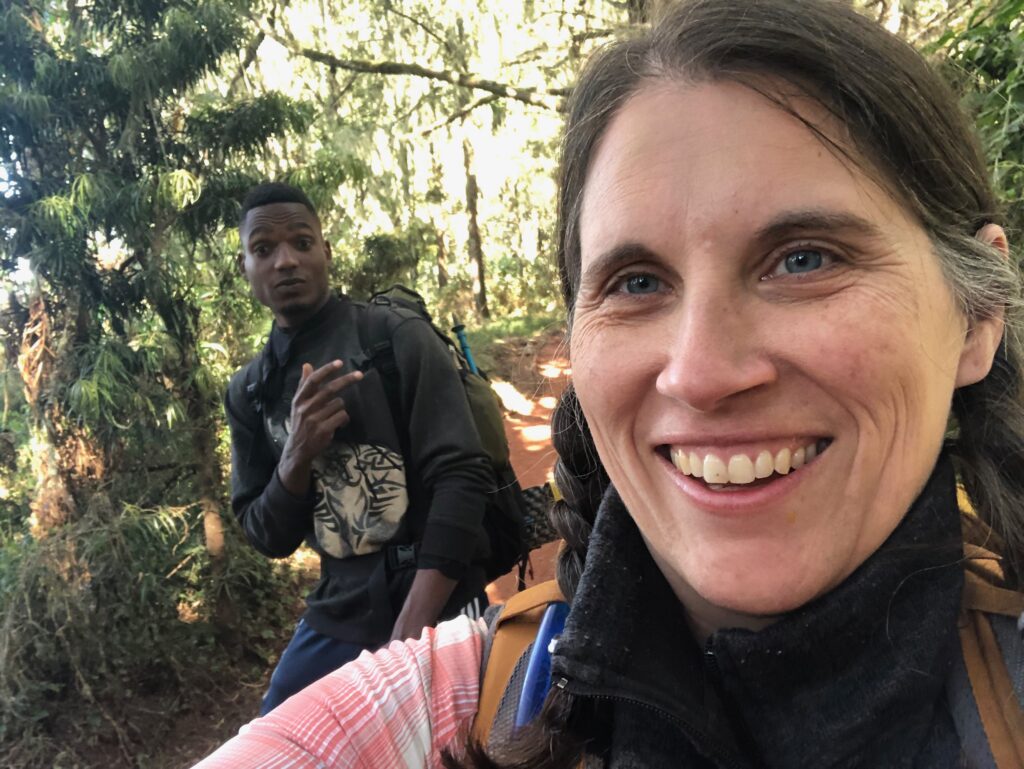
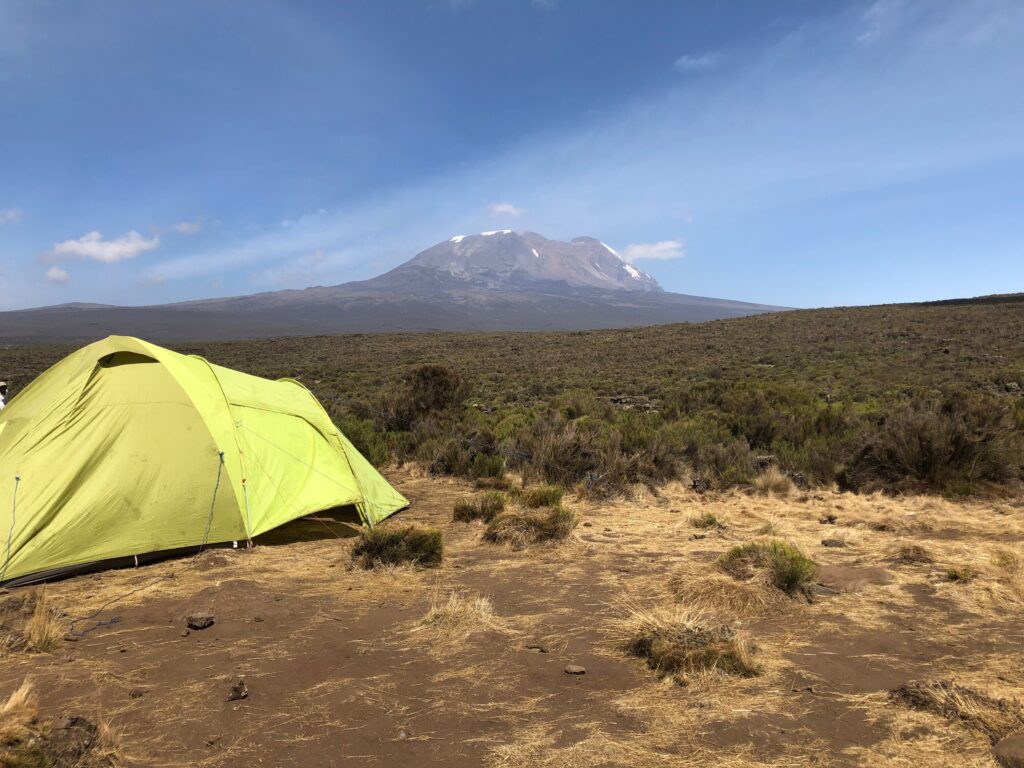
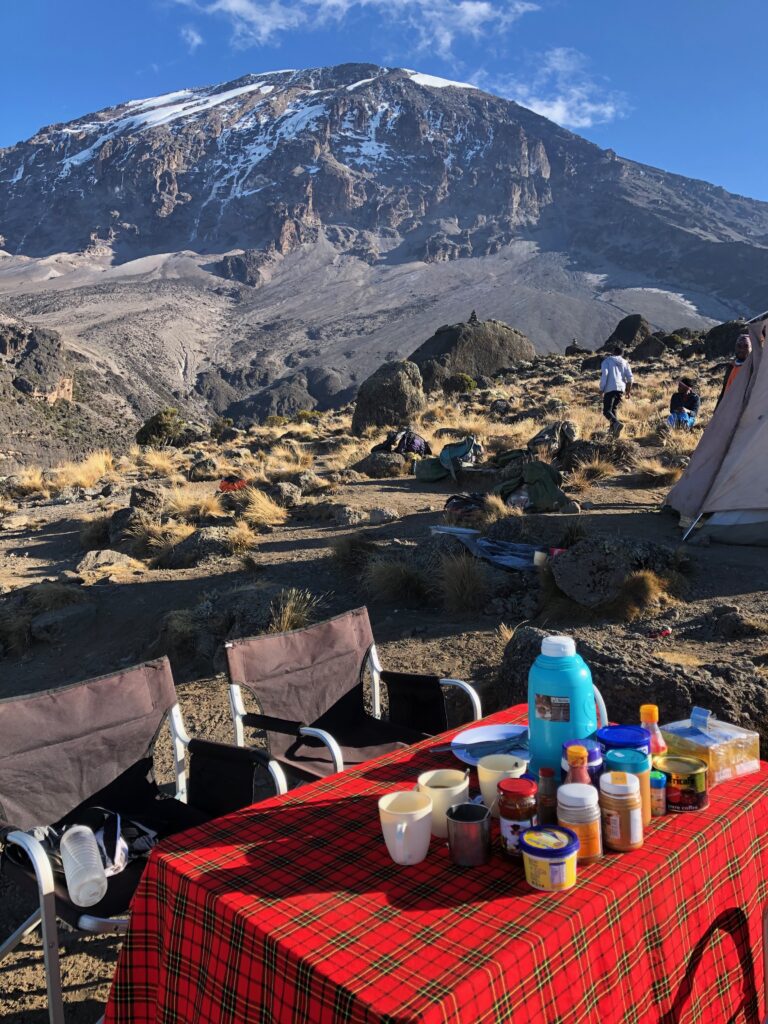
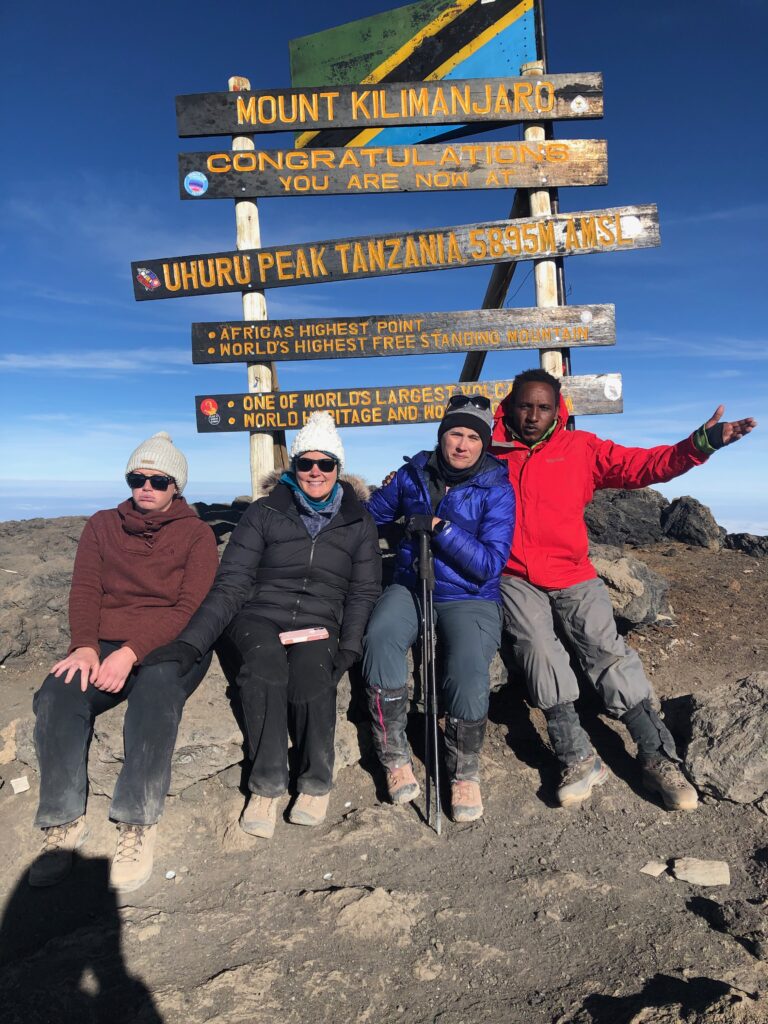
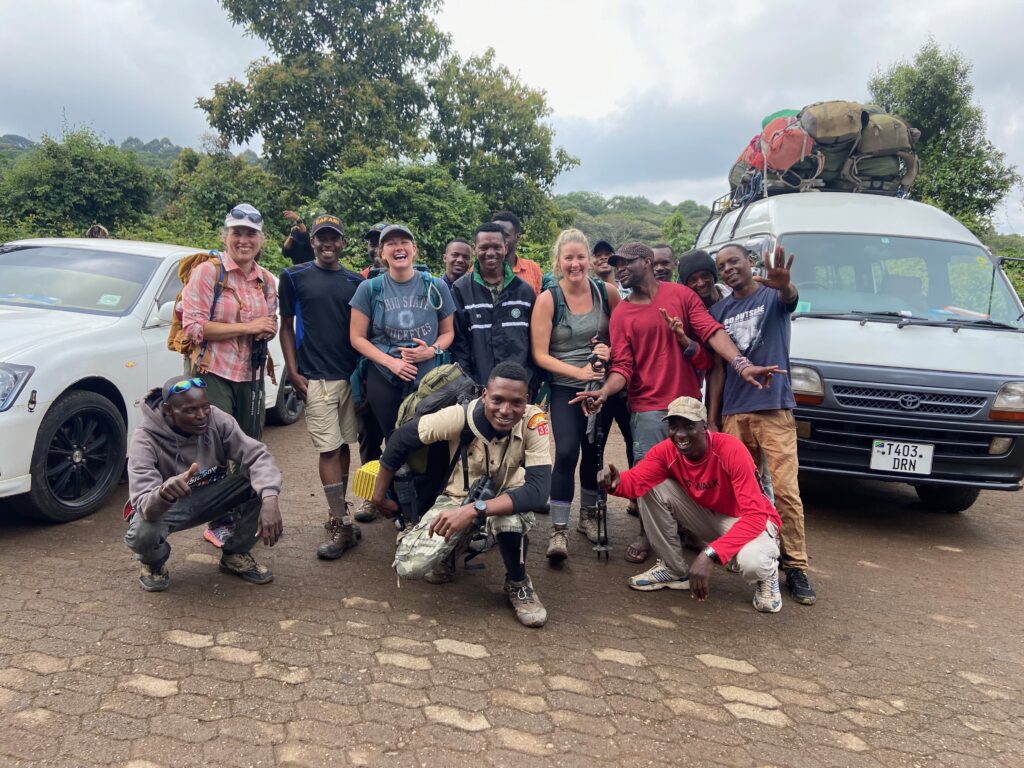
Cherie Catron will be climbing Kilimanjaro in September of 2022 along with her husband Brad Catron and their son, David Masters. If you are interested in climbing with them and/or hosting a peer campaign to help Foothold provide more clean water, contact Cherie at [email protected]. You can also follow her story on social media under the hastag #kilimanjaro4water.
